Microsoft unleashes Azure Orbital Ground Station
New as a service offering will leverage Microsoft’s partner network, including KSAT, to help satellite operators operate at a lower cost and latency

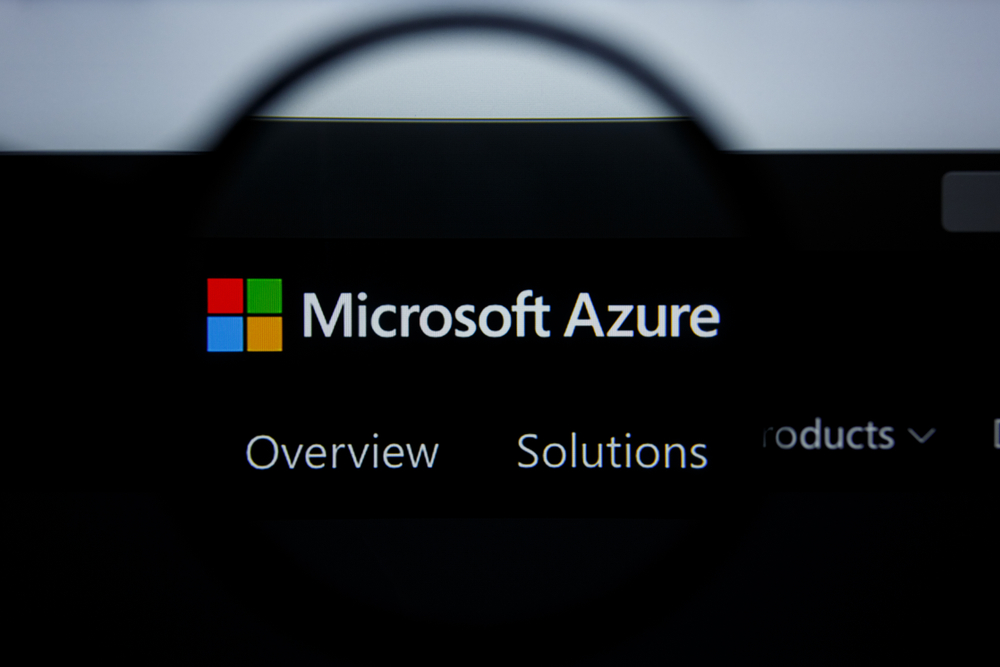
Stay up to date with the latest Channel industry news and analysis with our twice-weekly newsletter
You are now subscribed
Your newsletter sign-up was successful
Microsoft has announced the general availability of Azure Orbital Ground Station, the Redmond giant’s fully-managed ground station as a service offering.
The Station will work together with the company’s partner ecosystem, including KSAT, to enable satellite operators to focus on their satellites and operate from the cloud at a lower cost and latency.
That will allow operators to get to market faster and achieve a higher level of security through Azure, Microsoft says.
“Through Microsoft’s unique partner-focused approach, we are bringing together a deep integration of ground station partner networks to enable our customers’ data delivery to an Azure region of choice at zero cost, thus reducing their total operational costs and ensuring data is available in the customer’s Azure tenant for further processing,” said James Zander, EVP of Strategic Missions and Technologies at Microsoft.
The Azure Orbital Ground Station has been in the pipeline since the launch of Azure Space back in 2020. Now, satellite operators such as Pixxel, Muon Space, and Loft Orbital can leverage the facility as a service.
Thanks to Microsoft and KSAT, space data company Pixxel, which focuses on building a constellation of hyperspectral earth imaging satellites and analytical tools, can stream data directly to the Azure Cloud with zero data backhaul costs, and then process it using the platform’s AI/ML services to generate customer business insights.
Alongside the launch of the new Azure Orbital Ground Station, Microsoft and space infrastructure firm Loft Orbital are extending their partnership to support end-to-end customer missions as a service.
Stay up to date with the latest Channel industry news and analysis with our twice-weekly newsletter
The pair also plan to launch the first Azure-enabled Loft satellite next year, which will be available for governments and businesses to deploy software applications onto space hardware within the Azure environment.
For Muon Space, which is developing a satellite remote sensing platform to power data-driven climate decisions, Azure Orbital Ground Station will support its coverage needs by increasing the number of ground locations to ensure multiple contact opportunities on every orbit.
Muon is also partnering with Microsoft’s sustainability product team to develop products targeting Enterprise Social Governance (ESG) analytics derived from their Earth Systems data.
Azure Orbital Cloud Access Preview
Alongside the Azure Orbital Ground Station, Microsoft also announced that Azure Orbital Cloud Access, a new service that brings connectivity from the cloud to wherever organizations need it, is now in Preview.
The offering serves as a “step towards the future of integrated 5G and satellite communications”, Microsoft says, enabling low-latency (1-hop) access to the cloud from anywhere on the planet.
RELATED RESOURCE
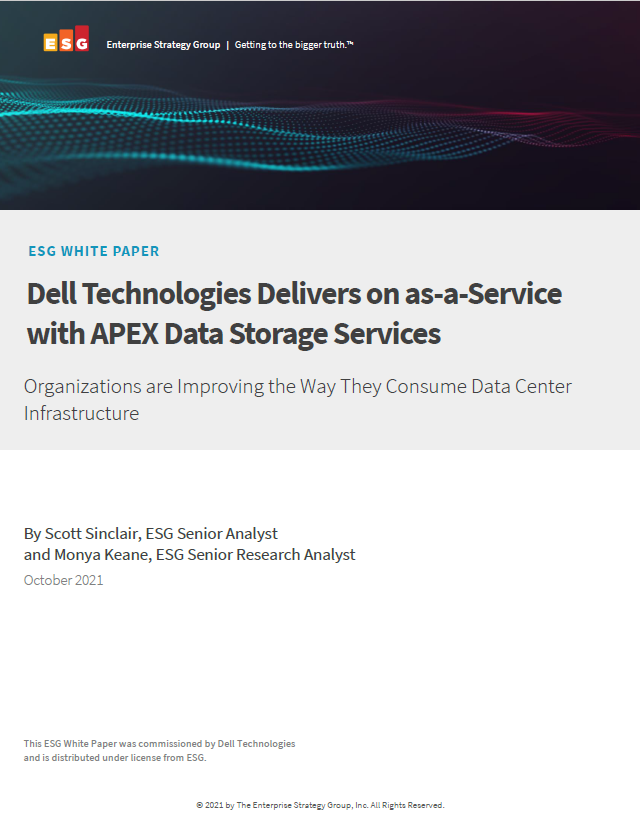
Organisations are improving the way they consume data centre infrastructure
Dell Technologies delivers on as-a-Service with APEX data storage services
Azure Orbital Cloud Access provides prioritised network traffic through SpaceX’s Starlink connectivity and Azure edge devices, providing customers with access to Microsoft cloud services anywhere Starlink operates.
"Starlink’s high-speed, low-latency global connectivity in conjunction with Azure infrastructure will enable users to access fiber-like cloud computing access anywhere, anytime,” said Gwynne Shotwell, SpaceX President and Chief Operating Officer. “We’re excited to offer this solution to both the public and the private sector."
Azure Orbital Cloud Access runs on a monthly subscription basis and a pay-as-you-go satellite communications model. It also integrates with SD-WAN technology from Juniper Networks to help prioritize connectivity between fibre, cellular, and satellite networks.
The Azure Orbital Cloud Access Preview is currently available for Azure Government customers.
Dan is a freelance writer and regular contributor to ChannelPro, covering the latest news stories across the IT, technology, and channel landscapes. Topics regularly cover cloud technologies, cyber security, software and operating system guides, and the latest mergers and acquisitions.
A journalism graduate from Leeds Beckett University, he combines a passion for the written word with a keen interest in the latest technology and its influence in an increasingly connected world.
He started writing for ChannelPro back in 2016, focusing on a mixture of news and technology guides, before becoming a regular contributor to ITPro. Elsewhere, he has previously written news and features across a range of other topics, including sport, music, and general news.
-
 PayPal appoints HP’s Enrique Lores in surprise CEO shake-up
PayPal appoints HP’s Enrique Lores in surprise CEO shake-upNews The veteran tech executive will lead the payments giant into its next growth phase amid mounting industry challenges
-
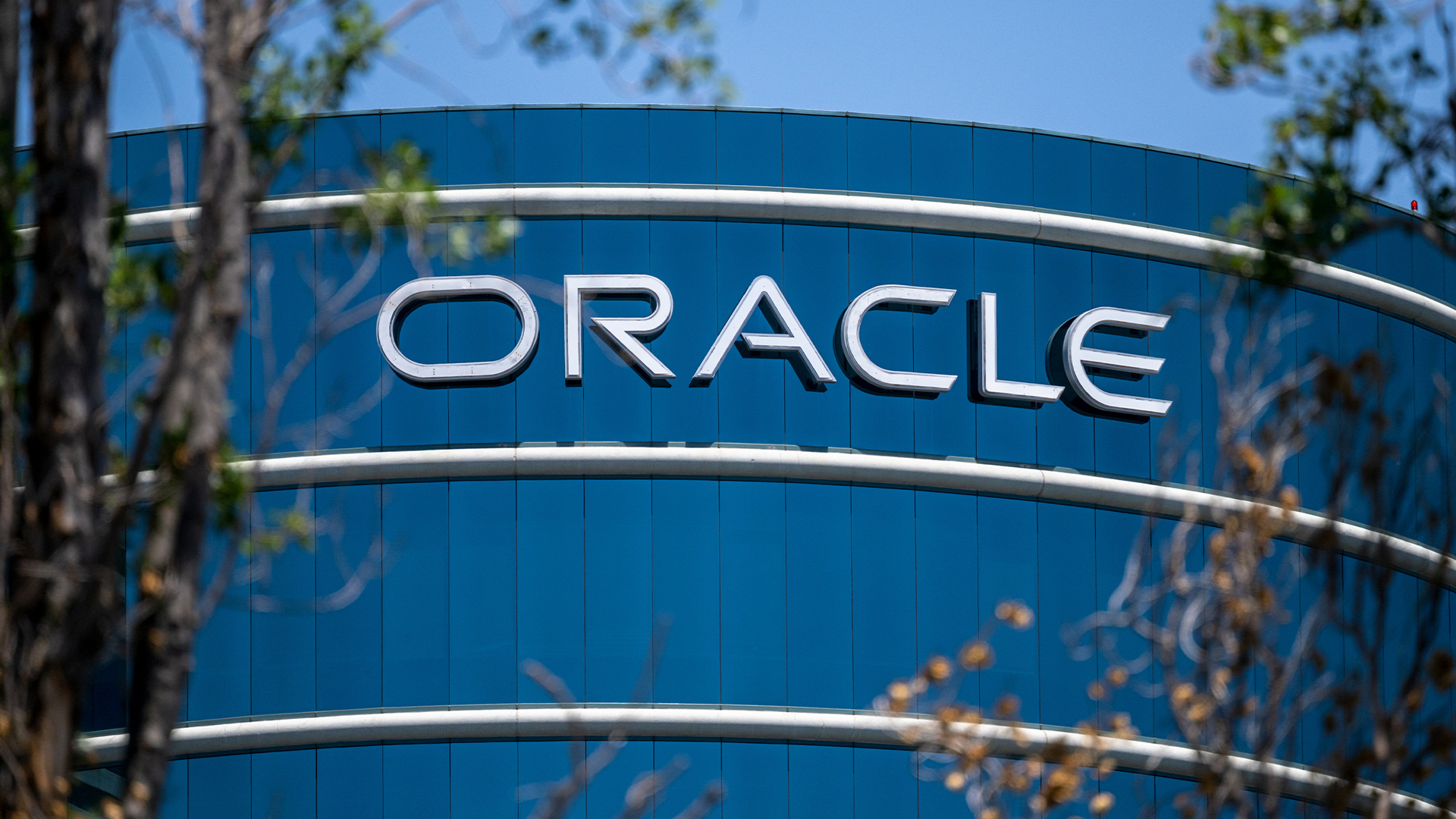 Oracle targets financial services gains with new agentic AI suite
Oracle targets financial services gains with new agentic AI suiteNews The cloud giant has unveiled a new series of agents for retail banking providers
-
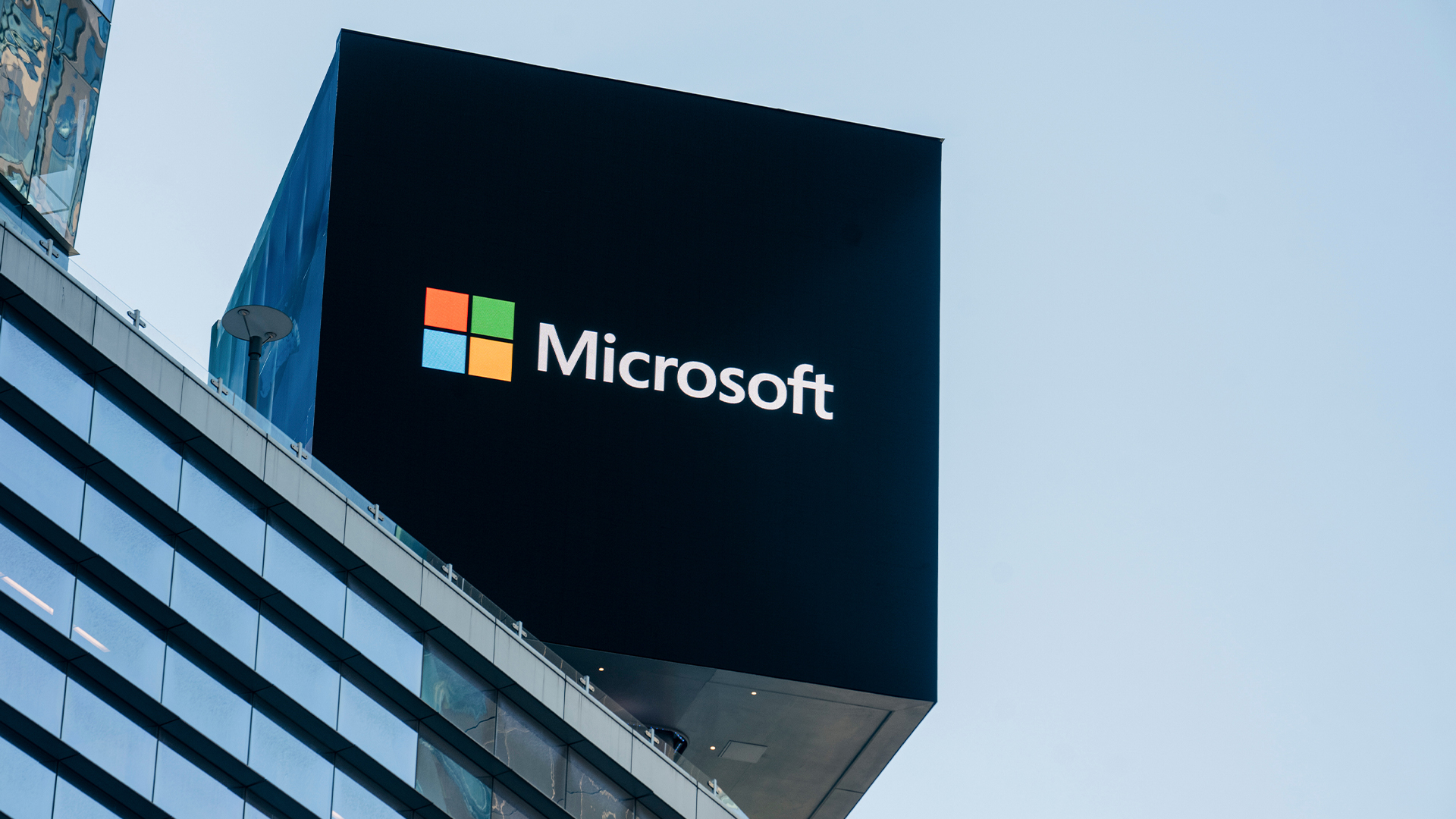 Microsoft is ending support for the Remote Desktop app – here are three alternatives you can try instead
Microsoft is ending support for the Remote Desktop app – here are three alternatives you can try insteadNews Microsoft has announced plans to end support for its Remote Desktop application in just over two months.
-
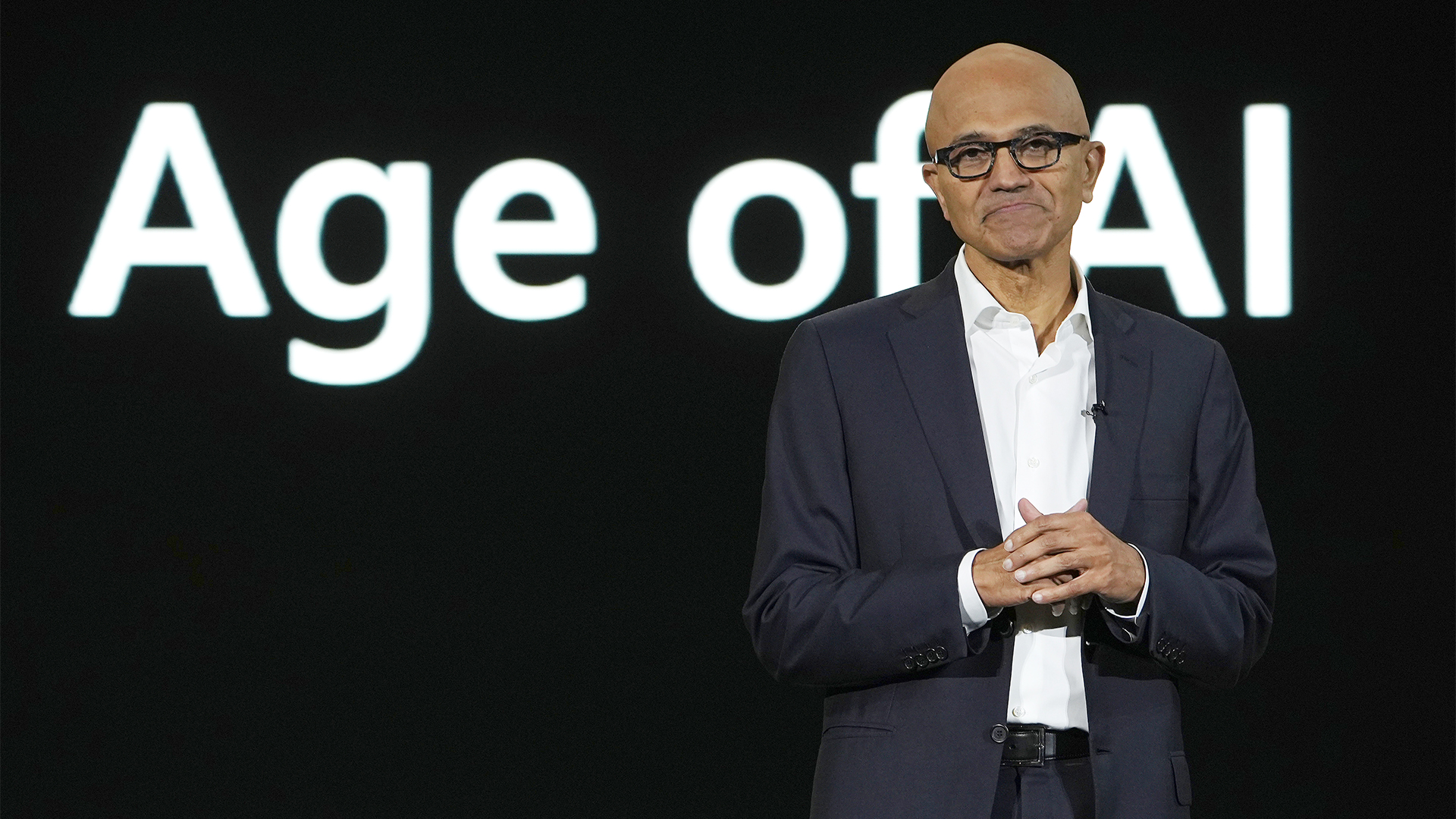 Microsoft's huge AI spending has investors worried – now the company is changing its financial reporting to highlight successes
Microsoft's huge AI spending has investors worried – now the company is changing its financial reporting to highlight successesNews The move comes as investors want more evidence that Microsoft’s AI investment will pay off
-
 Could Python in Excel be a boon for cryptocurrency miners?
Could Python in Excel be a boon for cryptocurrency miners?Opinion Free Python compute resource on offer via Microsoft 365 beta preview – what could possibly go wrong?
-
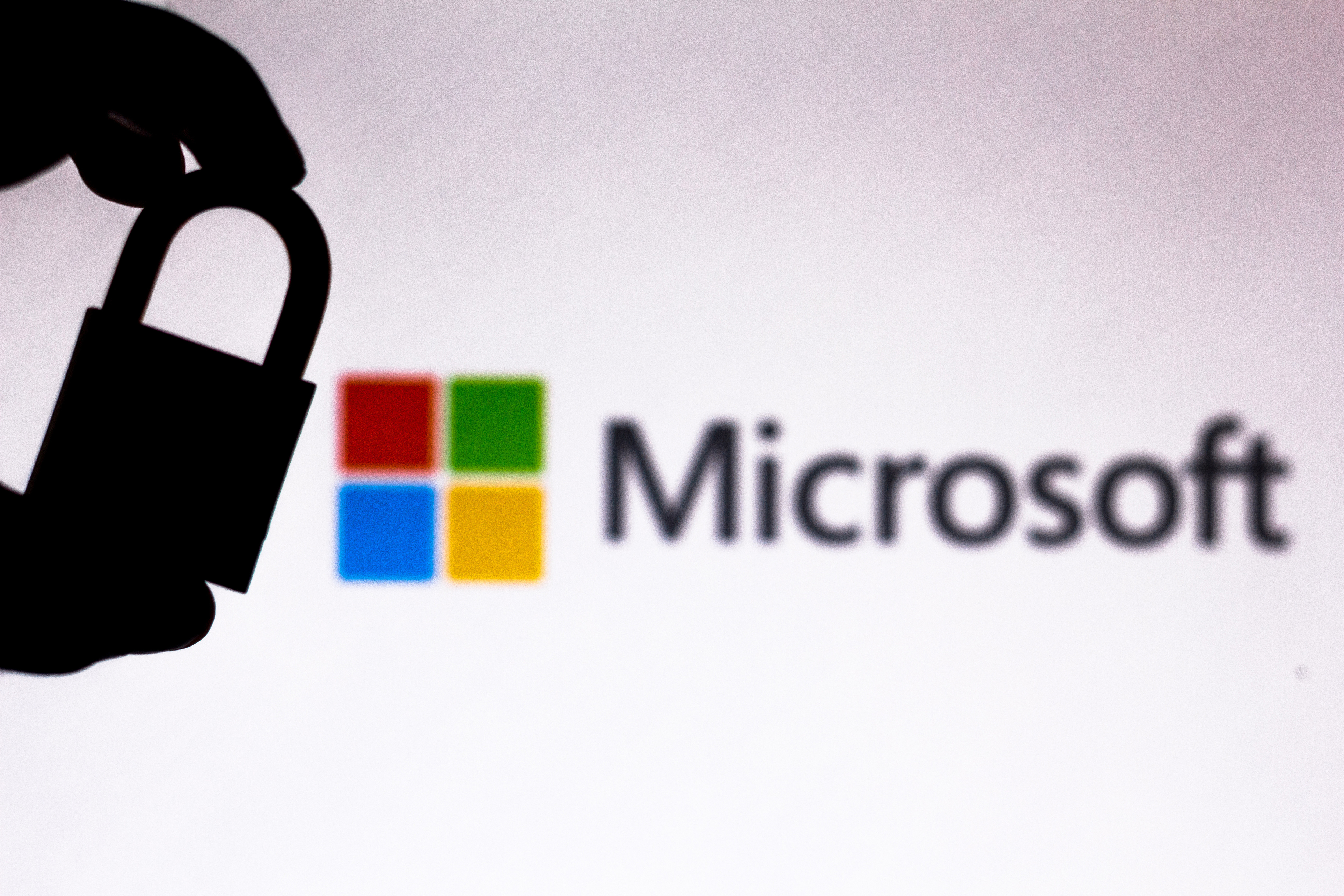 Microsoft defends “negligent” security approach that prolonged vulnerability fix for five months
Microsoft defends “negligent” security approach that prolonged vulnerability fix for five monthsNews The tech giant has refuted claims that its practices have left customers “in the dark”
-
 Microsoft Build 2023: Microsoft Fabric and oodles of Azure AI integrations announced
Microsoft Build 2023: Microsoft Fabric and oodles of Azure AI integrations announcedNews Microsoft Fabric aims to greatly improve developer productivity and simplify real-time analytics
-
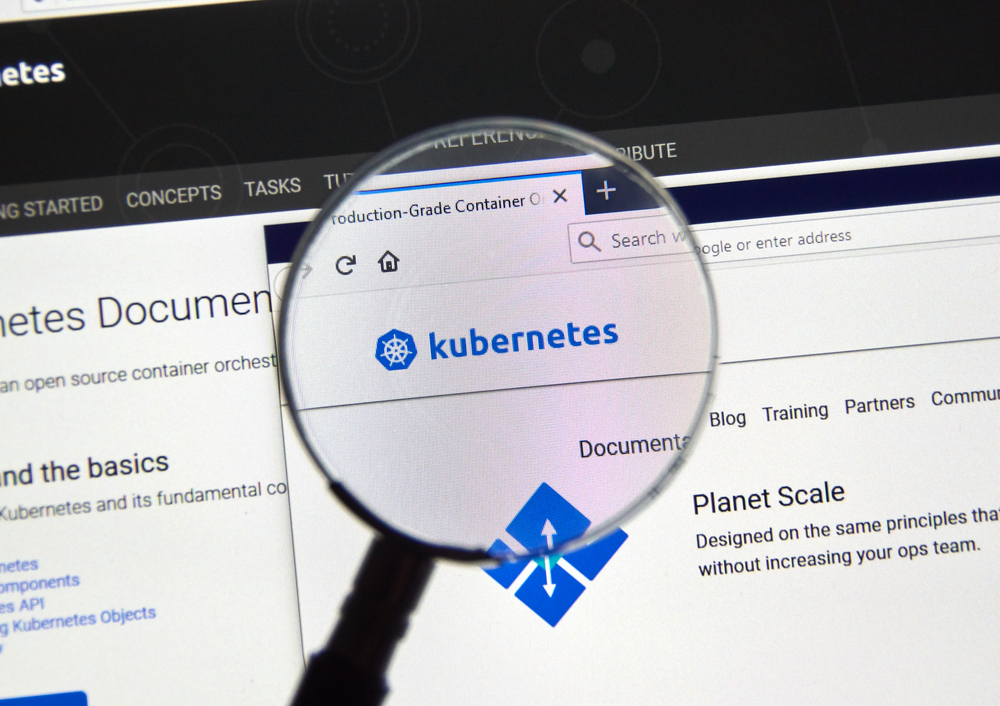 Five ways to reduce Kubernetes costs
Five ways to reduce Kubernetes costsTutorials With cutting expenditure a business imperative, there are several ways enterprises can reduce Kubernetes costs
-
 Azure spending notifications for customers unavailable until March, Microsoft warns
Azure spending notifications for customers unavailable until March, Microsoft warnsNews Customers have been advised to manually monitor Azure usage and costs until a fix is implemented
-
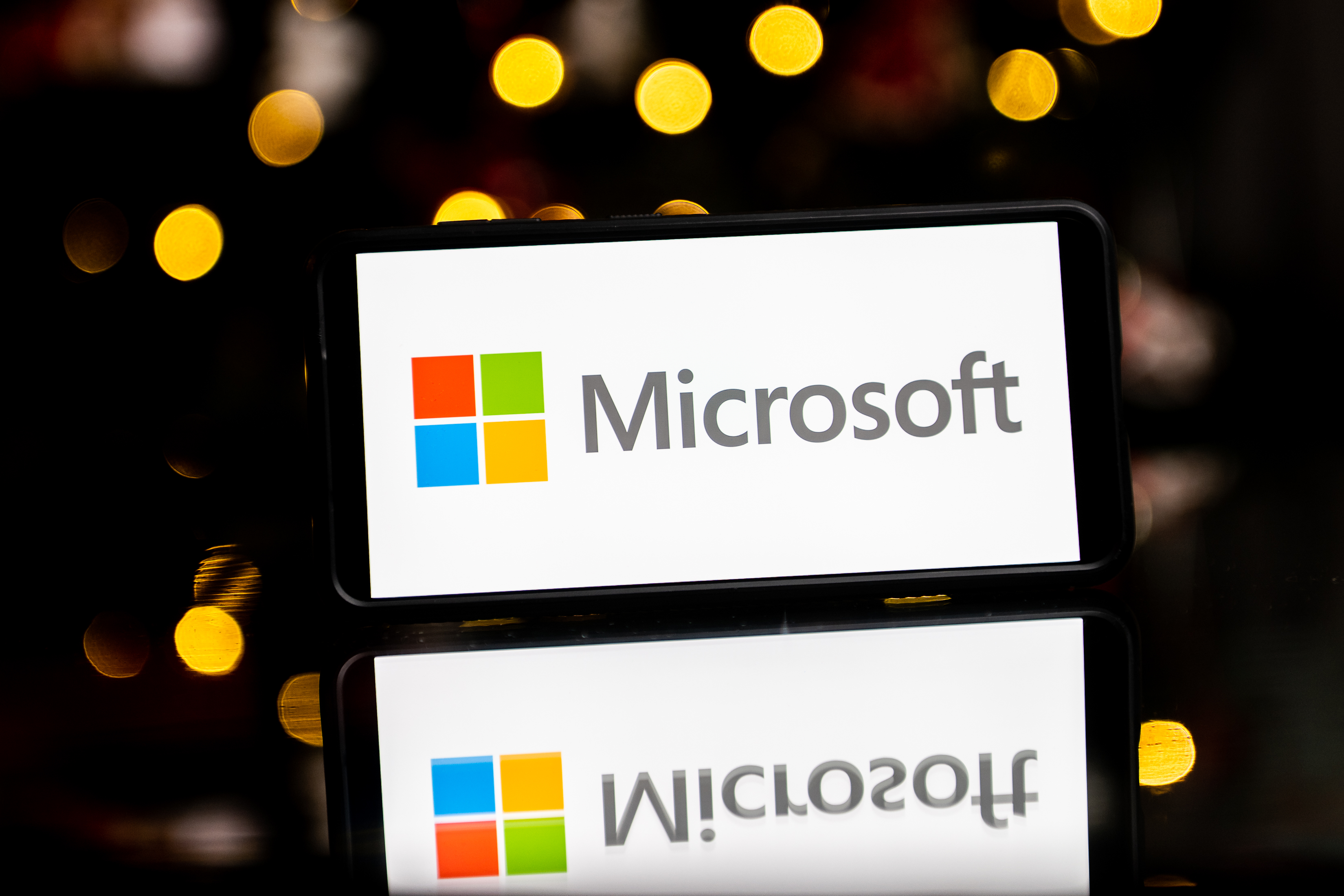 Microsoft cloud revenue still sky-high as device sales continue to slide
Microsoft cloud revenue still sky-high as device sales continue to slideNews The company's latest earnings call revealed that Azure cloud products delivered better-than-expected results while numbers in other divisions fell substantially
